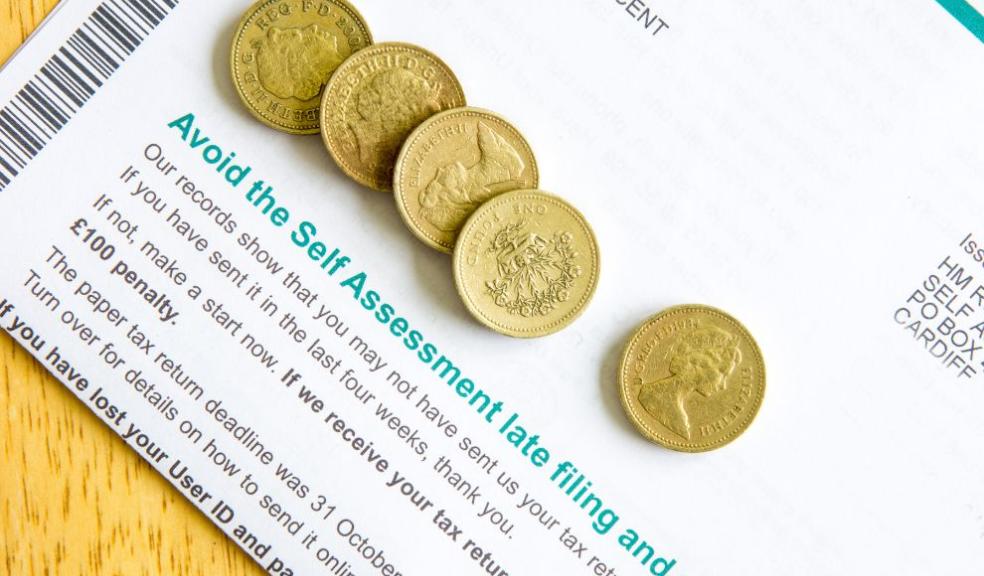
43% of PAYE workers aren’t aware that they might have to complete a self assessment
The latest research by RIFT Tax Refunds reveals that an increasing number of people are being fined for missing the self assessment tax deadline of 31st January, with a proportion of these being PAYE workers who don’t realise they are still obligated to submit a self assessment under certain circumstances.
The deadline for submitting self assessment tax forms to HMRC is 31st January 2023. It’s a deadline that lots of people miss, partly because it slips their mind amidst the frantic period of Christmas and the new year, with RIFT’s research revealing that the number of people missing the tax deadline is on an upward trajectory.
In 2020, 8% of all self assessments were submitted after the deadline. In 2021, this number rose to 15%. And while the chaos of the pandemic might somewhat explain this hike, the number actually increased again in January 2022 when 19% of submissions came after the deadline.
Missing the deadline can result in significant fines. There is an instant and automatic £100 fine for missing the 31st January deadline. After 30 days, an additional fine is added to the tune of 5% of all tax owed.
If the self assessment is still not submitted after three months, there is a daily penalty of £10 for a maximum of 90 days. After six months, an additional fine of 5% of all tax owed is added and it’s the same again when the delay reaches 12 months.
At the 12 month mark, however, if HMRC believes you are intentionally and willfully refusing to submit the self assessment, the fine can rise to 100% of all tax owed, essentially doubling your tax bill.
RIFT has highlighted that one common reason for late self assessment submissions is a lack of knowledge among Pay As You Earn (PAYE) workers who aren’t aware that they need to complete the tax form.
While PAYE workers have their income tax automatically subtracted from their salary throughout the year, they are required to submit a self assessment if they claim business expenses of more than £2,500.
A new survey commissioned by RIFT reveals that 33% of PAYE workers claim for business expenses, with the most common reasons being travel (43%), food & drink (18%), clothing/uniforms (11%), and accommodation (8%).
However, 43% are unaware that a claim of more than £2,500 requires them to complete their own tax return.
Furthermore, 38% say that they don’t know when the tax return deadline is.
CEO of RIFT Tax Refunds, Bradley Post, commented:
“While self-employed people are often fully aware of their tax return obligations and all of the relevant deadlines, those who aren’t self employed often have no knowledge at all about the DIY tax process.
For many, this isn’t a problem because everything is sorted for them through the PAYE process, but for those who claim for significant business expenses, it’s vital to know how and when to complete a tax return for those claims.
For anyone who has never had to engage with the process before, it can appear complex and daunting. Anyone who wants to forgo the responsibility of a DIY tax return can instead enlist the help of tax experts who will ensure that the return is properly submitted on time and that the right amount of tax is paid.”









